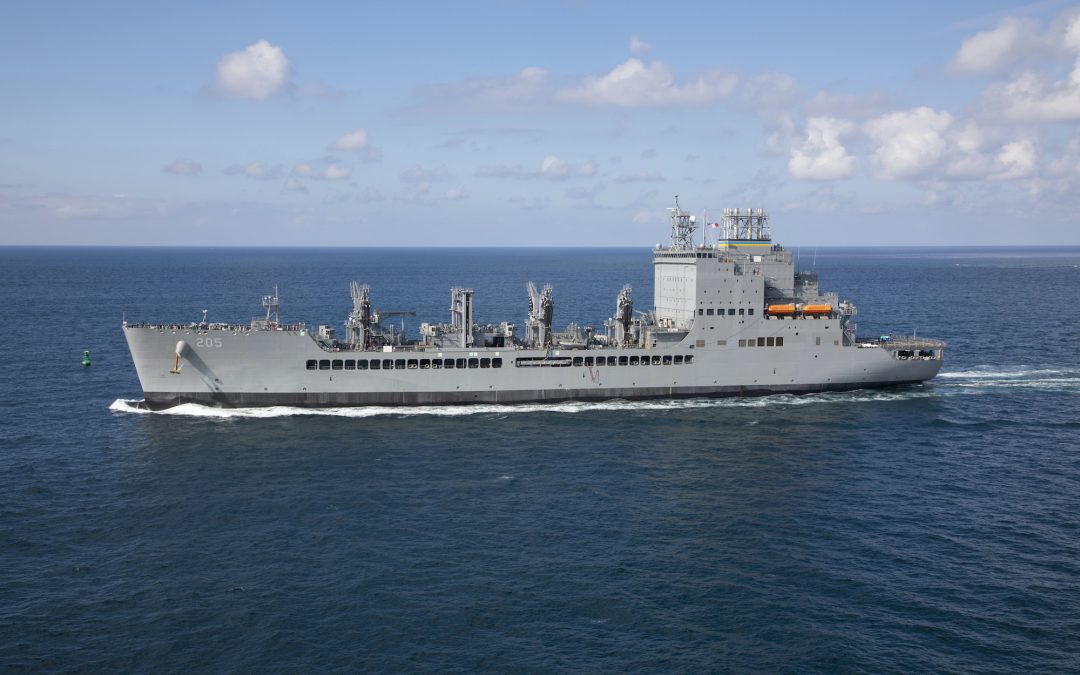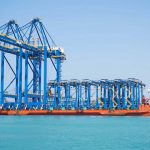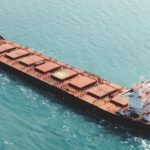The International Maritime Organisation’s (IMO) Hong Kong International Convention for the Safe and Environmentally Sound Recycling of Ships [1] will enter into force in June 2025 as major flag state Liberia and the Government of Bangladesh, heavily pushed by Japan and Norway, have now ratified the Convention fourteen years after its adoption. NGOs warn, however, that its requirements fall short of ensuring ethical, safe and environmentally sound ship recycling and risk undermining existing laws and efforts to reform the sector’s dangerous and polluting practices.
“This international convention rubberstamps shipbreaking on tidal mudflats and ignores labor rights and international rules for hazardous waste management. It will only serve the interests of shipping companies to avoid paying the true cost of sustainable and ethical recycling and undercut efforts to level the playing field for responsible ship recyclers to compete. As it stands, the Hong Kong Convention undermines the overall credibility of not only its own stated objectives but also that of the IMO [2],” warns Ingvild Jenssen, Director of the NGO Shipbreaking Platform.
NGOs worldwide [3], the UN Special Rapporteur on Toxics and Human Rights, the Centre for International Environmental Law, and the European Parliament [4] have all exposed the fatal weakness of the Hong Kong Convention’s standards and enforcement mechanisms. Furthermore, the majority of the 191 countries party to the UNEP Basel Convention, which controls the global trade of hazardous wastes, including end-of-life ships, and bans the export of toxic wastes from OECD to non-OECD countries, found that the Hong Kong Convention fails to provide an equivalent level of control to the Basel Convention as it does not prevent the dumping of toxic ships in developing countries [5].
With its failure to outline robust environmental and social standards for the sound management of the many toxic substances contained in end-of-life ships, the Hong Kong Convention falls short of the Basel Convention and the more recent EU Ship Recycling Regulation [6]. It sets no requirements, beyond compliance with national rules for the management of hazardous wastes downstream. It endorses beaching, a practice long associated with pollution and health hazards for both workers and local communities. It also lacks provisions to protect workers engaged in shipbreaking operations, who often face precarious work environments, lack of protective equipment and limited access to medical facilities.
Many beaching yards boast that they already comply with the Hong Kong Convention [7], but independent audits of these facilities by the European Commission have identified several serious problems that disqualify them from the EU List of approved ship recycling facilities [8]. Investigative journalists from BBC, French TV, DanWatch and Dutch program Zembla have also uncovered unacceptable conditions at these yards.
“The entry-into-force of the flawed Hong Kong Convention is not a time for celebration, but it will allow for the reopening of the text. We will be calling for changes so that it meets expectations of environmental justice, labour rights and circular economy objectives, and calling on the European Union and responsible ship owners to ensure that the shipping sector does not get away with green-washing the current deplorable practices that would never be allowed in their home countries,” says Rizwana Hasan, Director of the Bangladesh Environmental Law Association.
Another major flaw inherent in the Hong Kong Convention is that the responsibility for its enforcement is only put on the end-of-life vessel’s flag state and the recycling state. This means that grey- and blacklisted end-of-life flag states such as Comoros, St Kitts and Nevis, and Palau, notorious for their poor implementation of international maritime law and particularly popular for last voyages to the South Asian beaches, along with local authorities in South Asia which have done little to prevent the death of more than 430 workers since 2009, will oversee enforcement. They will be responsible without any independent control mechanisms in place and even though most end-of-life vessels are owned by European, East Asian, and North American companies that possess more rigorous safeguards for proper waste management and human rights in their home territories.
Beaching yards in India and Bangladesh that already claim they comply with the Hong Kong Convention are backed by ship owners keen to maintain a cheap disposal route for their end-of-life vessels where the costs related to managing hazardous materials safely, including residue oils, asbestos, and mercury, are not factored in. Instead, the costs are borne by workers, local communities, and sensitive coastal environments. The harms caused include toxic exposure and loss of lives, limbs, livelihoods, and biodiversity. Ship owners pay neither to prevent this harm in the first place nor to compensate for or mitigate it. Externalizing costs in this manner renders disposal of end-of-life ships artificially cheap resulting also in less economic incentive to design out toxic materials in the first place.
“This is not a proud moment for IMO,” says Sigurd Enge, Senior advisor at Bellona Foundation. “It has been fourteen years’ wait for a convention that does not solve the problems it was supposed to address. The Hong Kong Convention is already adopted by the sub-standard yards on the beaches in India and Bangladesh, so in practice, there will be no change, just ‘bad business as usual’. Eyes are now on the Basel Convention and the EU’s Ship Recycling Regulation. Both are important blueprints for the necessary reform of the IMO’s Hong Kong Convention. Europe, with its large fleet, needs to continue to take the lead and support technology and incentives to make sure new alternative and competitive recycling facilities are established”.
“It is imperative for the global community to recognize and address the loopholes that hamper the Hong Kong Convention and assert the letter and intent of the Basel Convention which was to prevent the Global South from being the dumping ground of the rich and powerful industries and nations. The costs for sustainable ship recycling need to be internalized with the shipping sector, and urgent support to build capacity that meets industry best practices is necessary to manage the many vessels that will head for scrapping in the next years in a way that does not put workers, local communities, and fragile ecosystems at risk,” says Jim Puckett, Director of the Basel Action Network.
Source: Hellenic Shipping News






